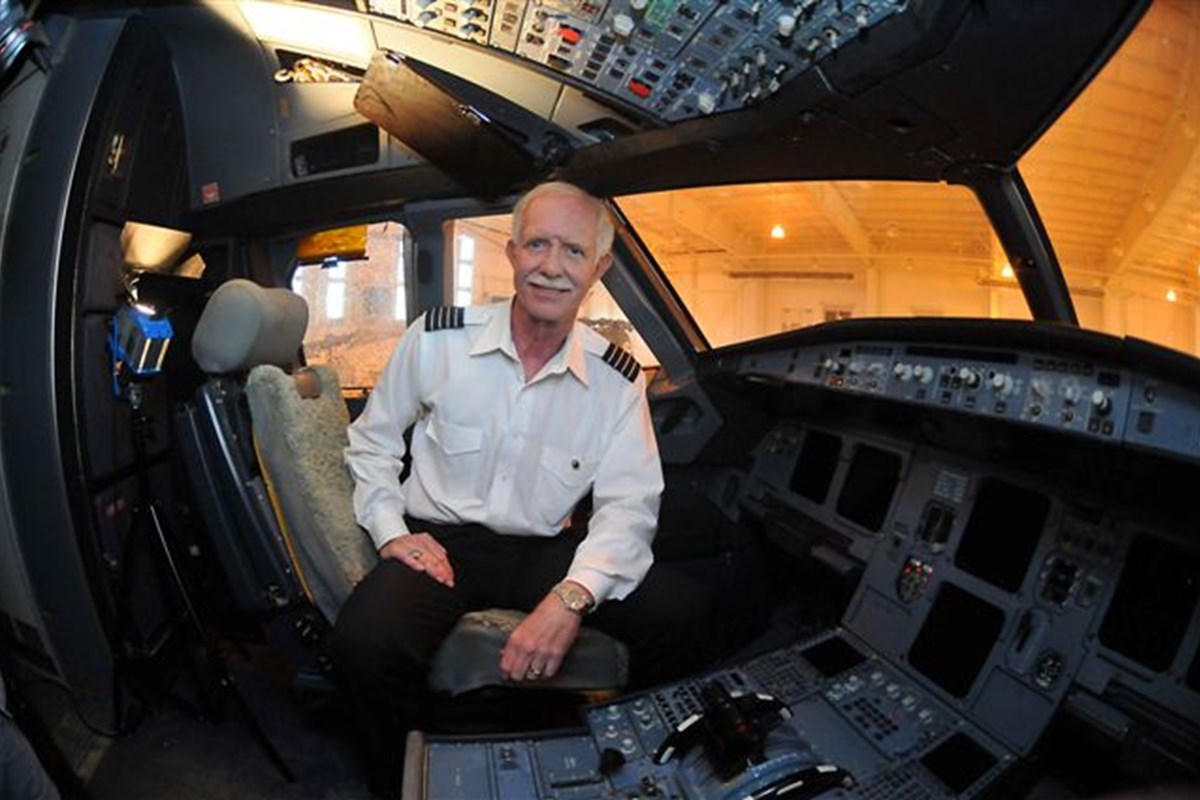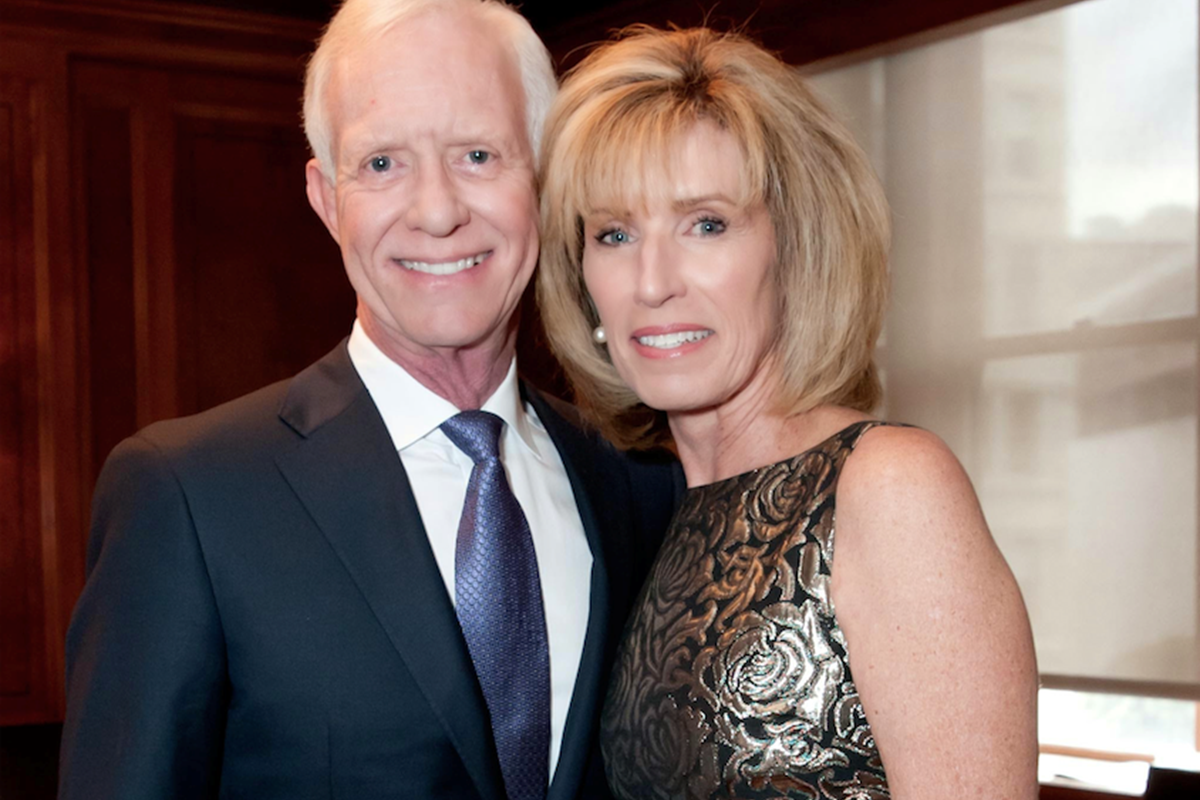Q&A With Capt. Sullenberger on Mental Health
4-minute read
Q&A With Capt. Sullenberger on Mental Health
4-minute read
On Jan. 15, 2009, Chesley “Sully” Sullenberger, a commercial airline pilot of 30 years, piloted an emergency landing on the Hudson River. All 155 passengers and crew on board survived.

Capt. Sullenberger is a graduate of the U.S. Air Force Academy and was a fighter pilot from 1973 to 1980. After that water landing, he experienced symptoms of PTSD that kept him up at night. He credits the crisis response professionals for helping him get on a path to recovery.
This Mental Health Month, we spoke with Capt. Sullenberger about his experience with mental health challenges, his work in the Veteran community, and what he hopes others take from his story.
Make the Connection: This May, in recognition of Mental Health Month, we are highlighting how mental health can mean different things to different people — and the inspiring potential for positive outcomes that treatment can support. What does mental health mean to you?
Capt. Sullenberger: To me it means thinking and feeling in ways that are more positive than negative and that enable you to live your life connected to loved ones and the world.
Make the Connection: You’ve spoken about experiencing symptoms of PTSD following the emergency landing of Flight 1549. What do you wish more people understood about PTSD?
Capt. Sullenberger: You aren’t the only one who feels or has felt this way, and that it is normal to feel this way. It doesn’t mean you’re weak, it means you’re human, and it’s the way our brains protect us.
Make the Connection: What were the tools that helped you manage your PTSD symptoms? Was there a turning point when you realized you had the tools you needed?
Capt. Sullenberger: It really helped to talk to someone who was trained in helping others cope with it and who could give me a road map of what to expect, so that my symptoms did not surprise or disturb me so much. I found a way to make this experience a part of me and not just something that had happened to me.
Make the Connection: When we sat down to talk with you in 2015, you said your key piece of advice for Veterans or someone who experienced trauma was to “love your family enough, respect them enough, to tell them the truth about what you feel.” How did your family support you following the Flight 1549 crash?

Capt. Sullenberger: This event affected all of us deeply, though in different ways. It was hard for me to talk about it at first, and I resisted. But eventually, I was able to open up about it — and because we went through it together and talked about how we were feeling, we could support each other and not face these challenges alone.
Make the Connection: You’re a Veteran who served in the U.S. Air Force from 1973 to 1980, and you continue to be a great advocate for Veterans today. In addition to sharing your own story of recovery, how do you stay involved in the Veteran community? What inspires you in your work with Veterans?
Capt. Sullenberger: My family and I have continued to visit military bases and hospitals and meet the amazing young men and women who serve in our armed forces. Getting to know them has really made it clear that this generation has the same dedication to duty as previous ones, and we as a nation are in good hands.
Make the Connection: Mental health awareness and suicide prevention are two causes close to your heart. What have you learned by sharing your own story and your family’s story with others?
Capt. Sullenberger: I have tried to remind everyone that anyone can experience the challenges of depression and other mood disorders, but that they can be treated. I know firsthand how difficult it can be, but we must not let stigma attach to what are illnesses, not weaknesses.
Make the Connection: What do you hope fellow Veterans and their families take from your story of recovery?
Capt. Sullenberger: These feelings are normal. You’re not the only one. Resources are available to you. Get the help that you need and that your family deserves. It is day by day, and your family needs you.
